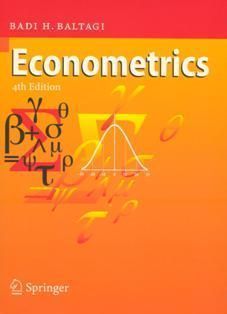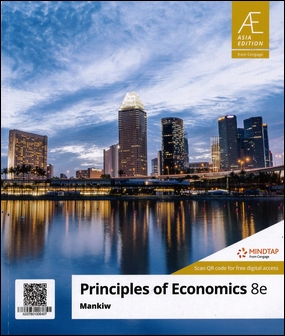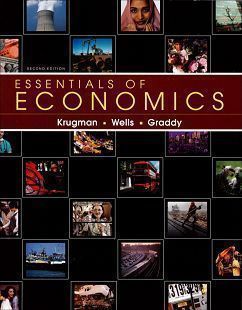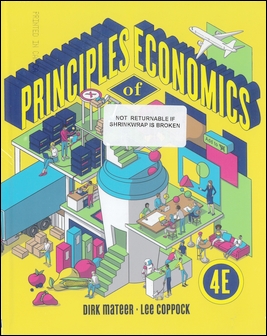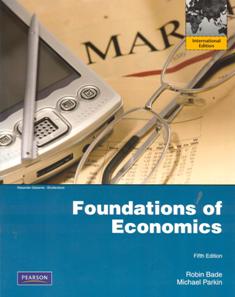書籍分類
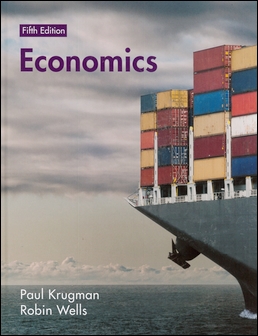
Economics 5/e (H)
作者:Paul Krugman, Robin Wells
原價:NT$ 1,820
內容介紹 本書特色 目錄 作者介紹
- Description
- Graphing questions: Multi-step graphing questions are paired with helpful feedback to guide students through the process of problem solving
- News analysis features: pairs journalistic takes on pressing issues with questions based on Bloom’s taxonomy
- Discovering Data activities help students develop data literacy through interpreting, analyzing, sharing, and reporting on data.
When it comes to explaining fundamental economic principles by drawing on current economic issues and events, there is no one more effective than Nobel laureate and New York Times columnist Paul Krugman and co-author, Robin Wells. In this best-selling introductory textbook, Krugman and Wells’ signature storytelling style and uncanny eye for revealing examples help readers understand how economic concepts play out in our world.
Economics 5e provides unparalleled coverage of current topics, including sustainability, the economic impact of technology and pressing policy debates. A commitment to broadening students’ understanding of the global economy; a global focus is woven throughout with more on the ascendance of China’s economy, the Euro and events in Europe (including Brexit), and post-recession economies around the globe.
Economics is available with SaplingPlus, our integrated online learning system which combines powerful multimedia resources with an integrated e-Book, robust homework, and a wealth of interactives, creating an extraordinary new learning resource for students. Resources include:



